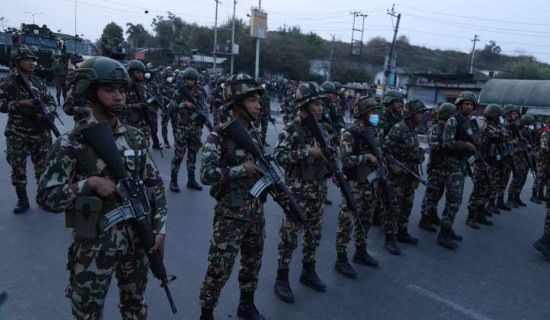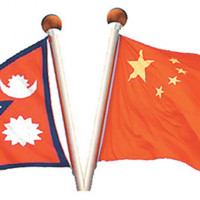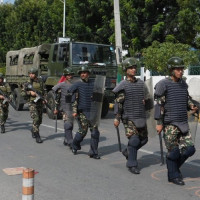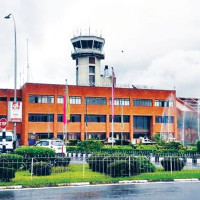- Thursday, 11 September 2025
Tourism Diplomacy
Endowed with unmatched natural wonders including the highest mountain, Sagarmatha (Mt. Everest), Nepal holds immense tourism potential. Its history, culture, myths, traditions, dresses, foods, landscape and climatic diversity make it an ideal venue for domestic and global tourism. There has been a tendency to see tourism only in economic terms, which is simply a narrow viewpoint. In today’s globalised world, tourism serves more than one purpose. In addition to boosting internal socio-cultural interactions, it has become a viable means of diplomacy. This is a reason why the concept of tourism diplomacy is gaining currency in international relations and foreign policy. It enhances mutual understanding, cultural exchanges, peace promotion and cooperation among nations.
Tourism diplomacy enables us to sort out the diplomatic and trade impasse while building trust at leadership and people-people levels. As a soft power tool, it bolsters cultural and economic relations with friendly nations, delivering mutual benefits for the countries involved. Another important feature of tourism diplomacy is that it builds a positive image of the people, society, geography and history of the countries. When the diplomatic missions visit and interact with the local people, leaders and civil organisations, this develops good understanding and allays negative impressions attached to certain cultures, ethnicities and religions. So, two-way communication is considered an effective medium of generating correct information and understanding.
As an ancient state, Nepal has immense prospects for tourism diplomacy as its rich culture, ancient knowledge and bravery appeal to the diplomats and foreign visitors. Tourism diplomacy also helps dispel the negative image about Nepal that it is a backward nation with lax security and poor infrastructure. This nation is home to unique civilisation that gave the world the light of Asia – Gautam Buddha – whose philosophy of peace, tolerance and harmony has been embraced all over the world. Nepal can promote its soft power only through proactive tourism diplomacy. Against this backdrop, the Ministry of Foreign Affairs and Nepal Tourism Board, in coordination with Suryodaya Municipality, are organising an informal visit of over 27 ambassadors of Kathmandu-based missions to beautiful Antu in Ilam district to celebrate the Nepali New Year 2082.
To be participated in by around 45 high-ranking diplomats and foreign ministry officials, the three-day event will familiarise them with new tourist destinations, especially of eastern Nepal. Shree Antu Hill is a popular scenic site to observe the sunrise and panoramic tea garden landscape. The visitors will taste varieties of tea at the tea Tasting Centre and dairy-based delicacies such as cheese. The ambassadors will put on traditional attires representing different ethnic groups, enjoy horse-riding and boating at Antu Lake and visit the tea gardens in Kanyam.
The organisers, especially Suryodaya Municipality, deserve kudos for this initiative, which will put Antu Hill on the global tourism map and help beckon more domestic and foreign tourists. The host should demonstrate typical Nepali hospitality and make every effort to welcome the dignitaries so that they acquire positive impressions of locals and tourist places. Similarly, this is also an opportunity for the Municipality to prove its mettle in hosting a programme of this scale. This will indeed give a new fillip to the local economy and culture while building the country's diplomatic profile. Let's hope Nepal's tourism diplomacy receives new vigour and dimensions with the successful handling of the envoys' trip to east Nepal.
















